
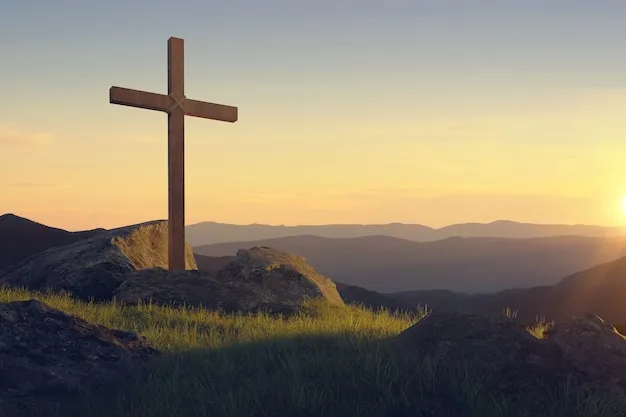
The basic Catholic / Lutheran (protestant) rift was: Catholics believe faith and works justify, protestants believe “faith alone” justifies. Ergo saying Luther is correct on justification seems to logically imply no need for works for salvation which is contrary to Catholic teaching.
And actually a lot of “evangelicals” according to recent polls (2017) do seem to believe salvation is by faith and works (even though this is traditionally associated with Catholicism): https://www.americamagazine.org/faith/2017/08/31/poll-most-protestants-and-catholics-believe-faith-and-works-are-necessary
At the very least, it would be important for “Francis” to make sure this distinction is upheld and to affirm Luther was justly excommunicated for heresy. The continued acts of “Francis” show he is clearly trying to bend or deny this distinction. He hasn’t done something like this once, but literally dozens of times, for example this defunct site lists some questionable statements made: https://web.archive.org/web/20200115152651/http://www.francisquotes.com/
Y / N ?




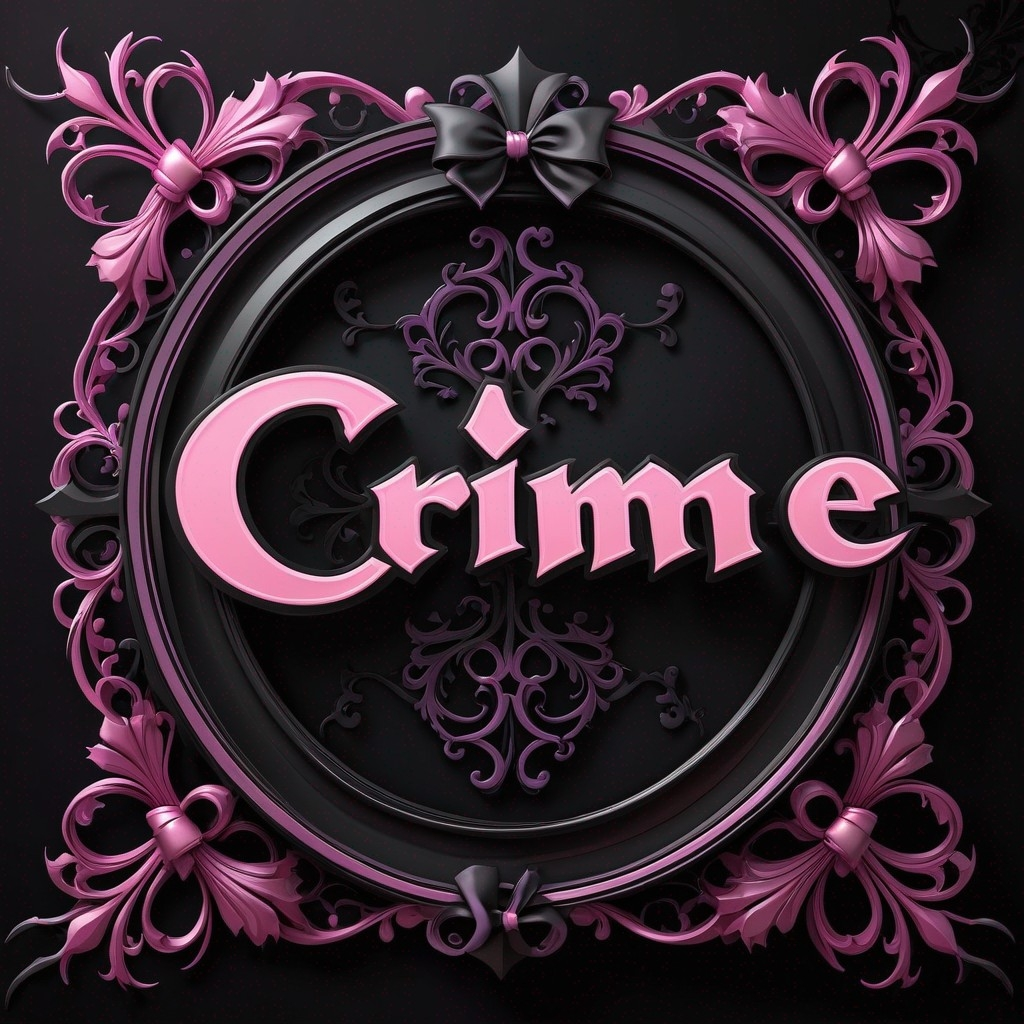

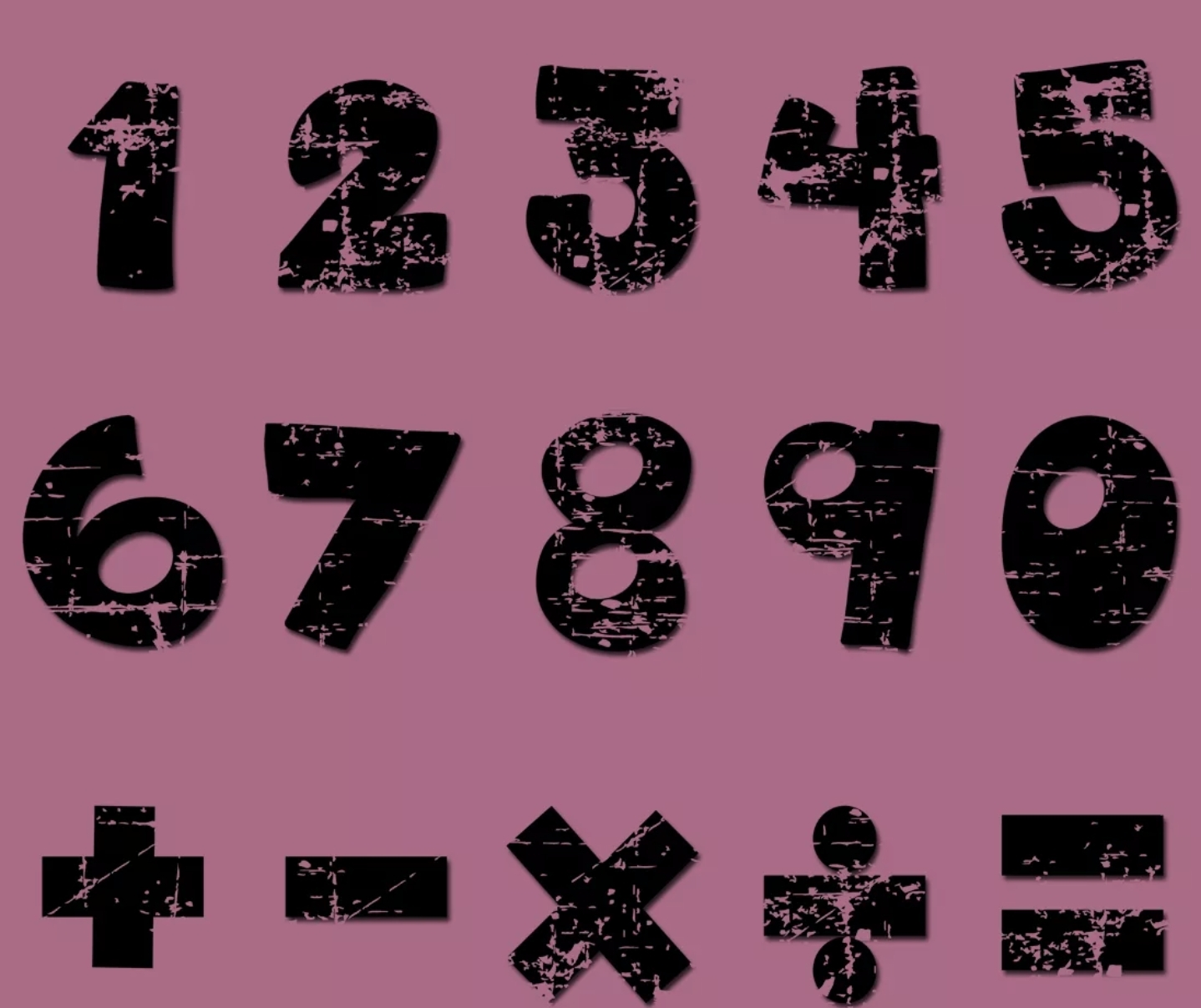

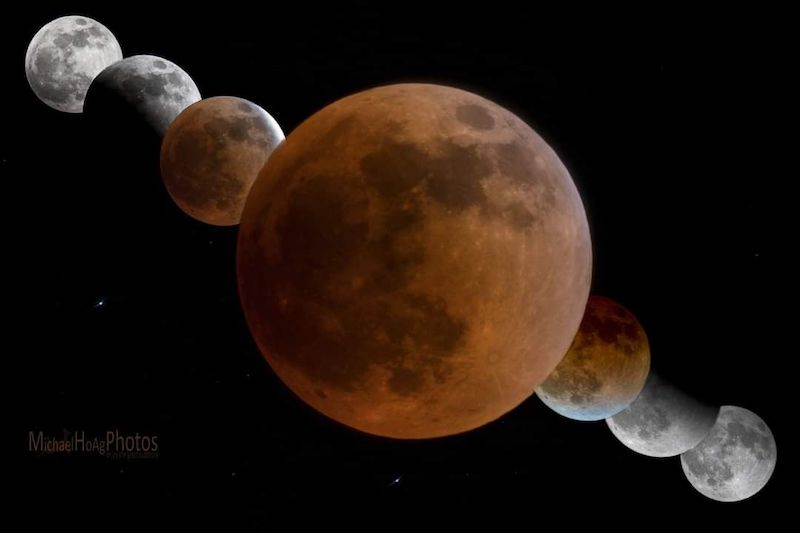




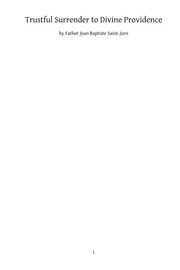


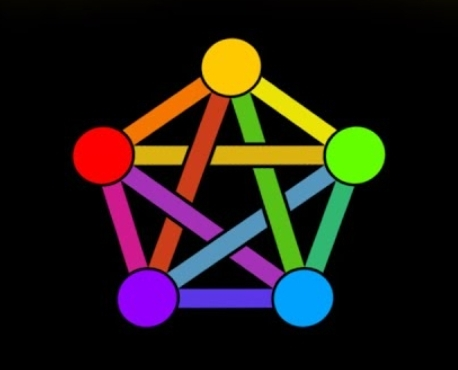
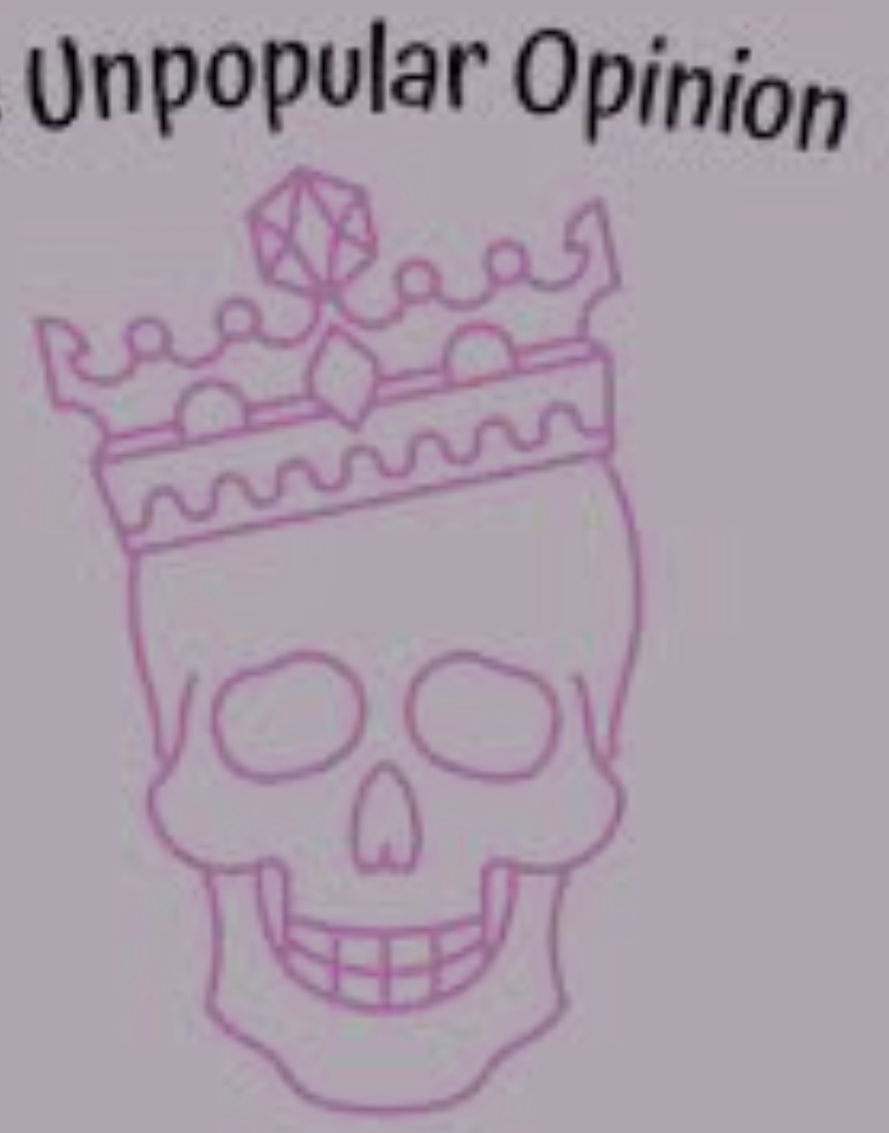





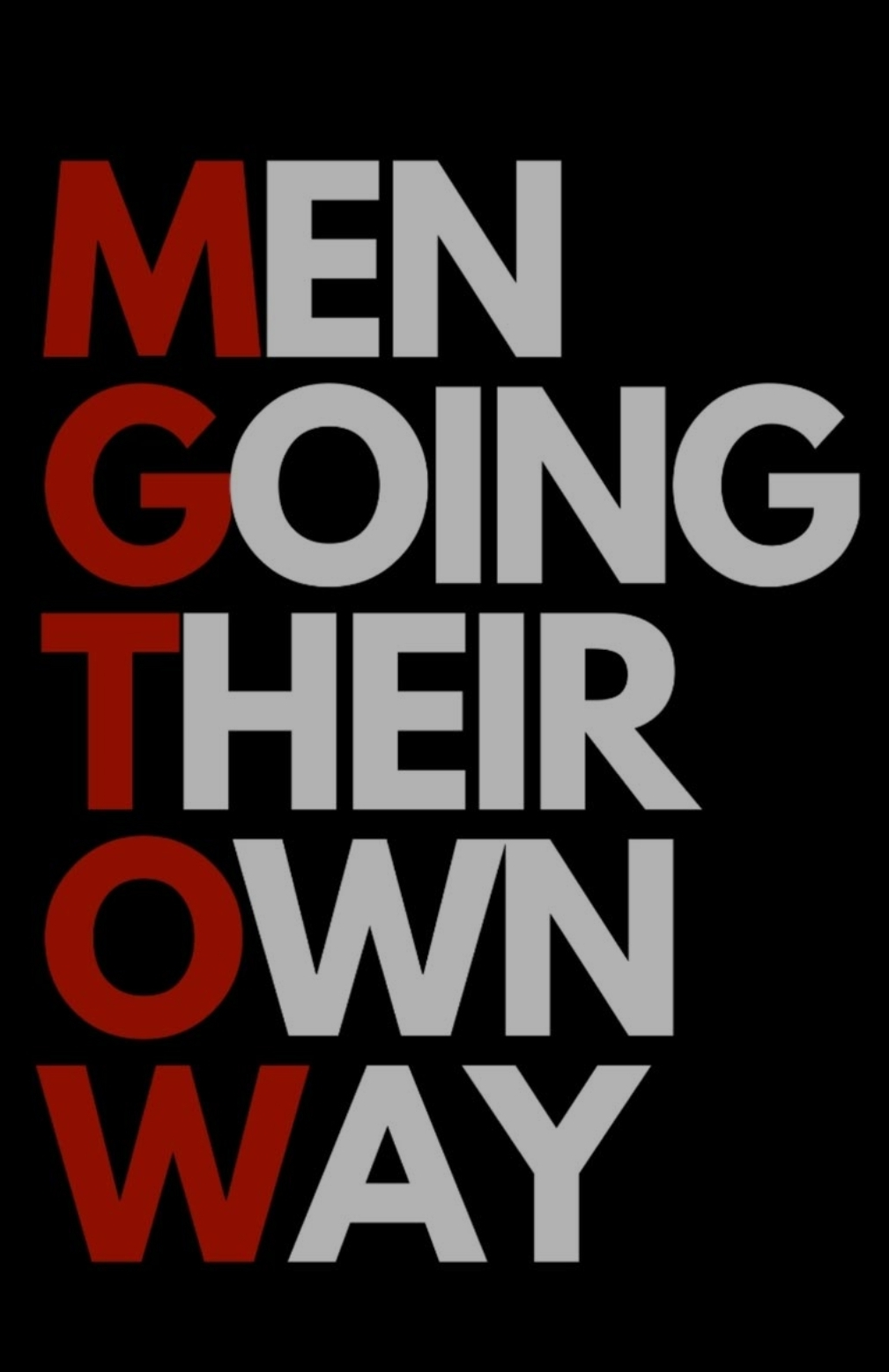



I feel like ASL should be taught to more of like everyone, I see circumstances where it seems like it would be useful frequently (either quiet or really loud places, like libraries or where there is heavy machinery, or from driver to driver in cars where you can’t hear them)
also not sure of all the SLs that exist and what attempts have been made towards standardication. I imagine there is more than just American SL / ASL for SLs but I haven’t looked in to all the ones that exist